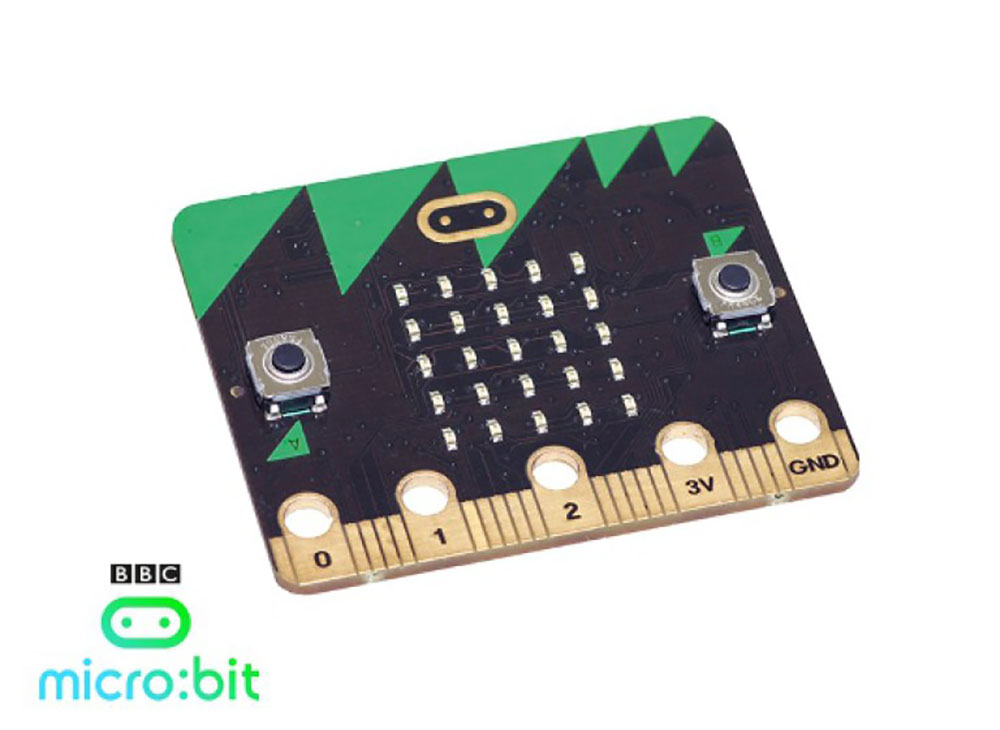A mini-computer that UK schoolchildren have turned into watches, stepometers and musical instruments has now been released for general sale across the country.
The BBC micro:bit, which has been handed to 800,000 youngsters across the UK free of charge, can now be bought online.
It is hoped the fully programmable device will get more children involved in coding and computer science, which was added to the national curriculum in 2014.
The BBC micro:bit features 25 red LED lights that can flash messages, while there are also two programmable buttons that can be used to control games or pause and skip songs on a playlist. The device can also detect motion and tell you which direction you’re heading in and it can use a low energy Bluetooth connection to interact with other devices and connect to the Internet.
Pupils at Eastlea Community School, in London, programmed it to keep a small aircraft on course while children at Highgate School, also in the capital, used it to help autism sufferers recognise emotions.
“We believe that the BBC micro:bit is a foundational programme that will support a new generation of digital makers,” said Michel Van der Bel, Managing Director of Microsoft UK and Vice President of Microsoft International.
“That’s exactly why we are helping to extend the project by making it available through the Microsoft store. We want everyone beyond Year 7 to have the opportunity to own a BBC micro:bit and we are proud to be providing the programming capabilities for all the friends, families, clubs and schools who choose to buy one.”
In April, the BLOODHOUND Project – an international education initiative focused around a 1,000 mph world land speed record – partnered with Microsoft, The British Army, Buckingham Palace and a number of other organisations to run a national competition inviting every UK school to use the BBC micro:bit to build a rocket car.
Pupils used the device to capture real-time data from their vehicles and download it using a Microsoft Office add-on. Using this data, the students tweaked their designs to make their car go as fast as possible.
A national competition will be held on July 5 at the Santa Pod Raceway in Northampton.
The top three fastest teams will be the overall winners of the national competition and receive a cash prize for their schools. The overall winning team will win a trip to Newquay to watch Bloodhound professionals launch a real rocket.


